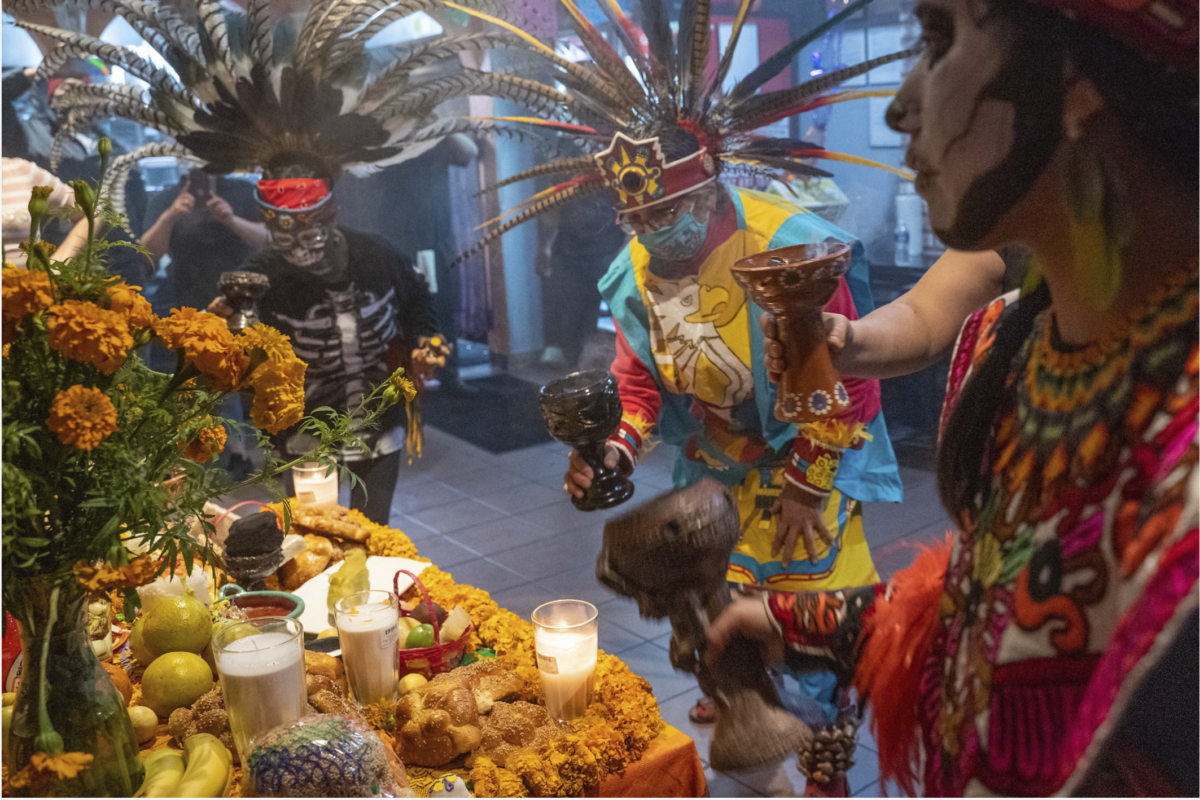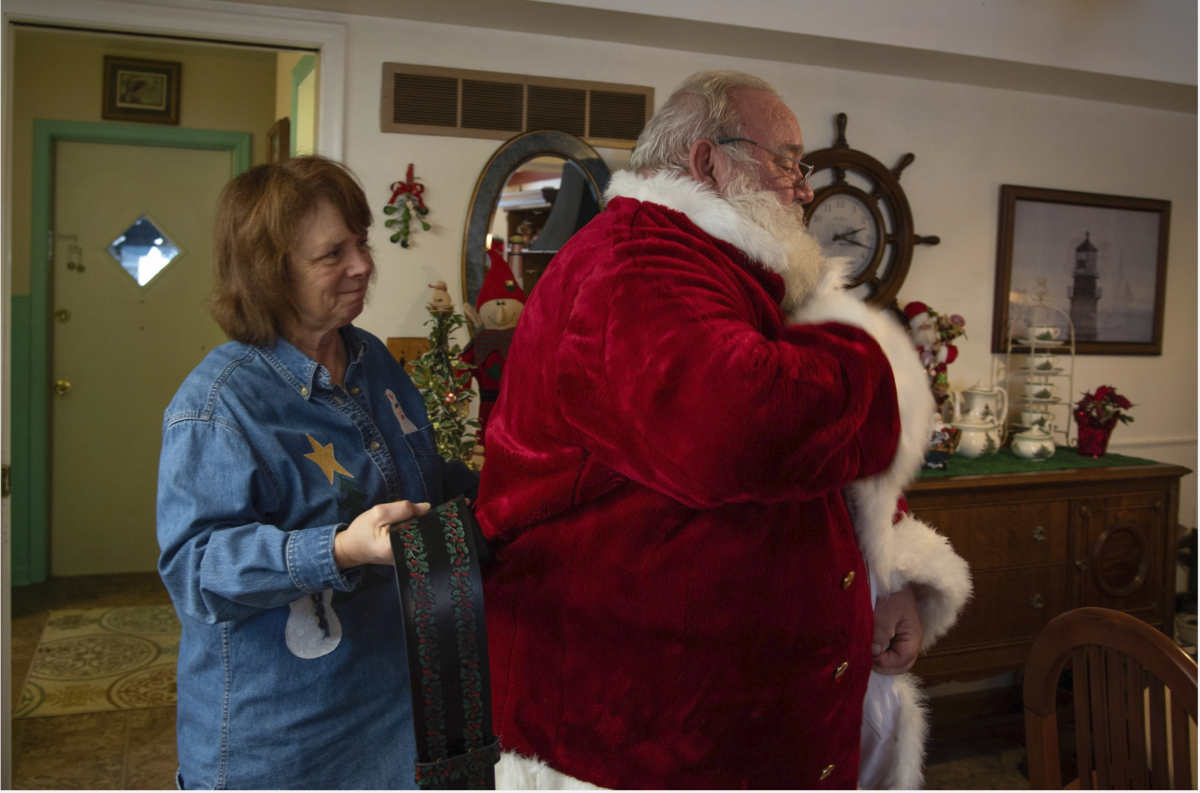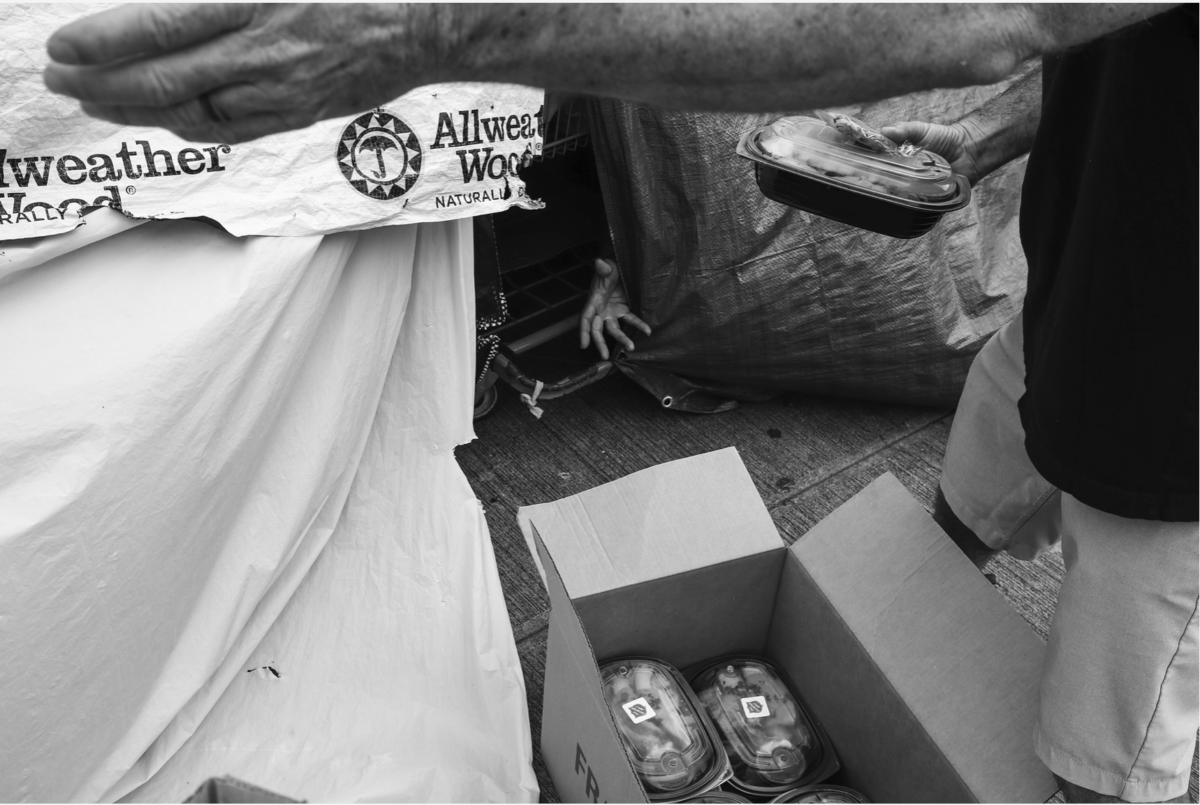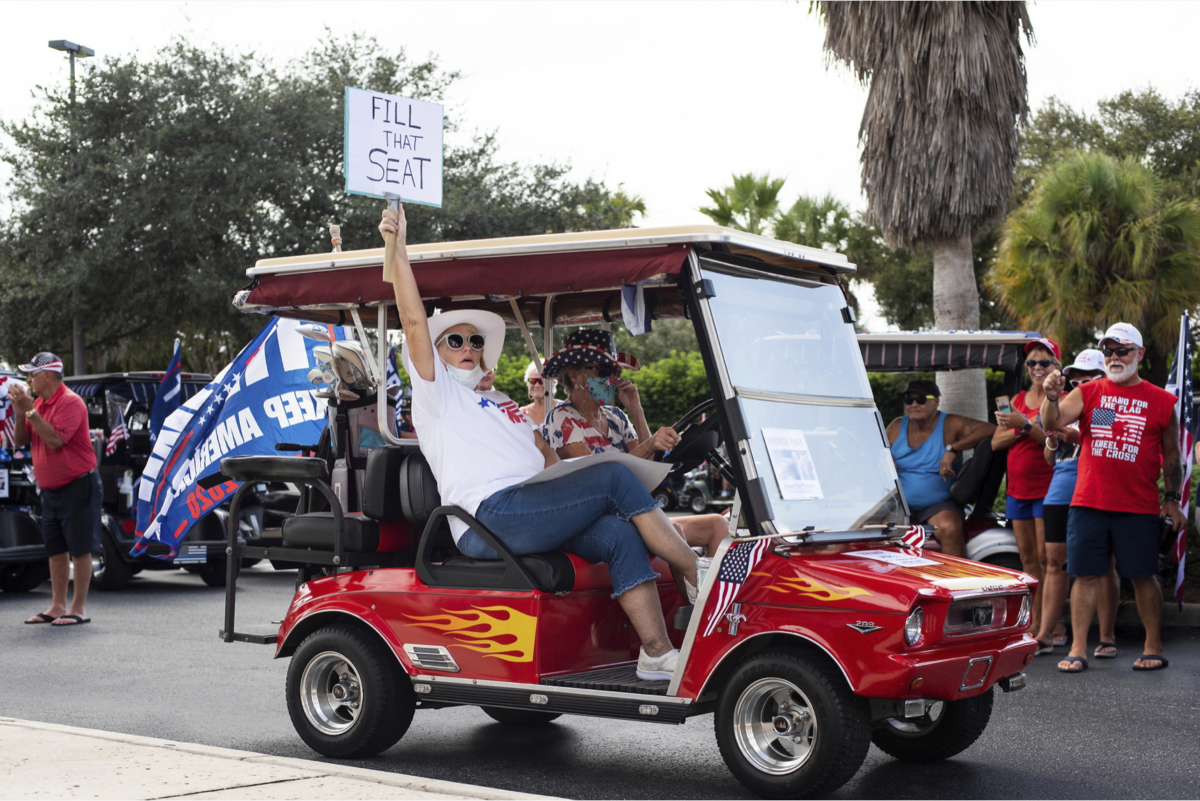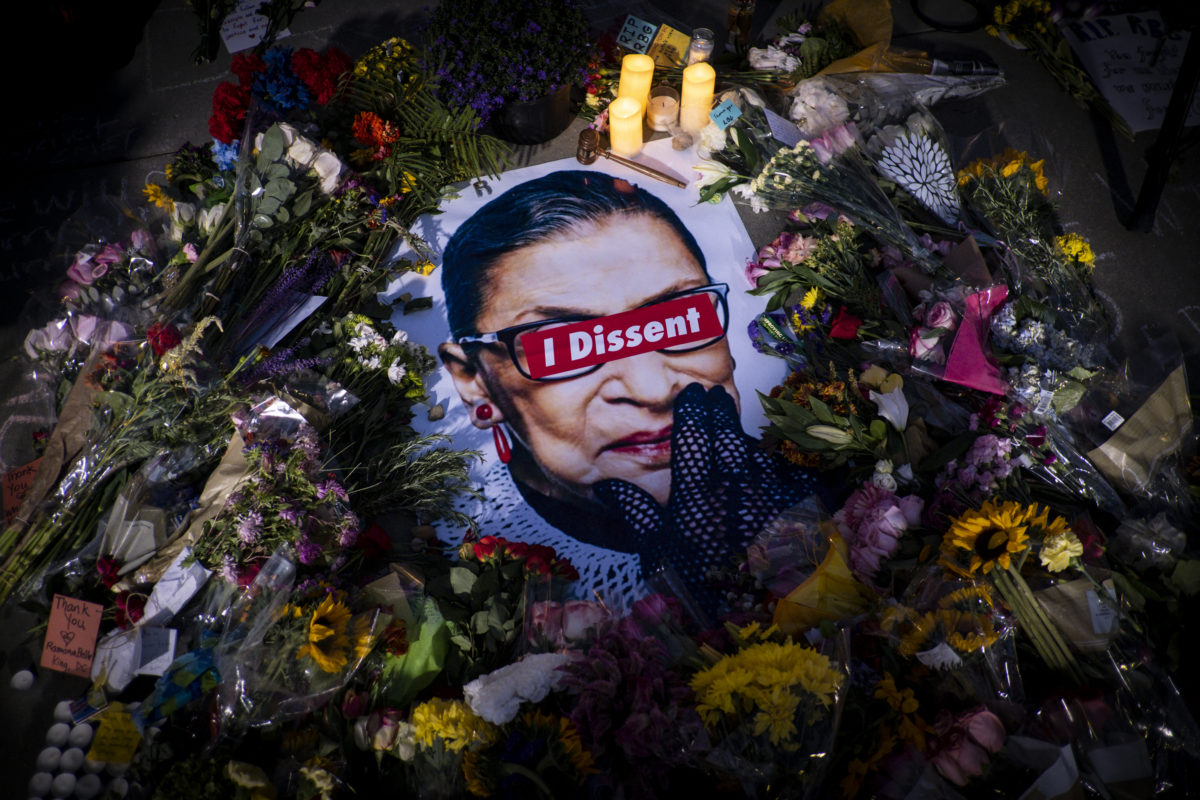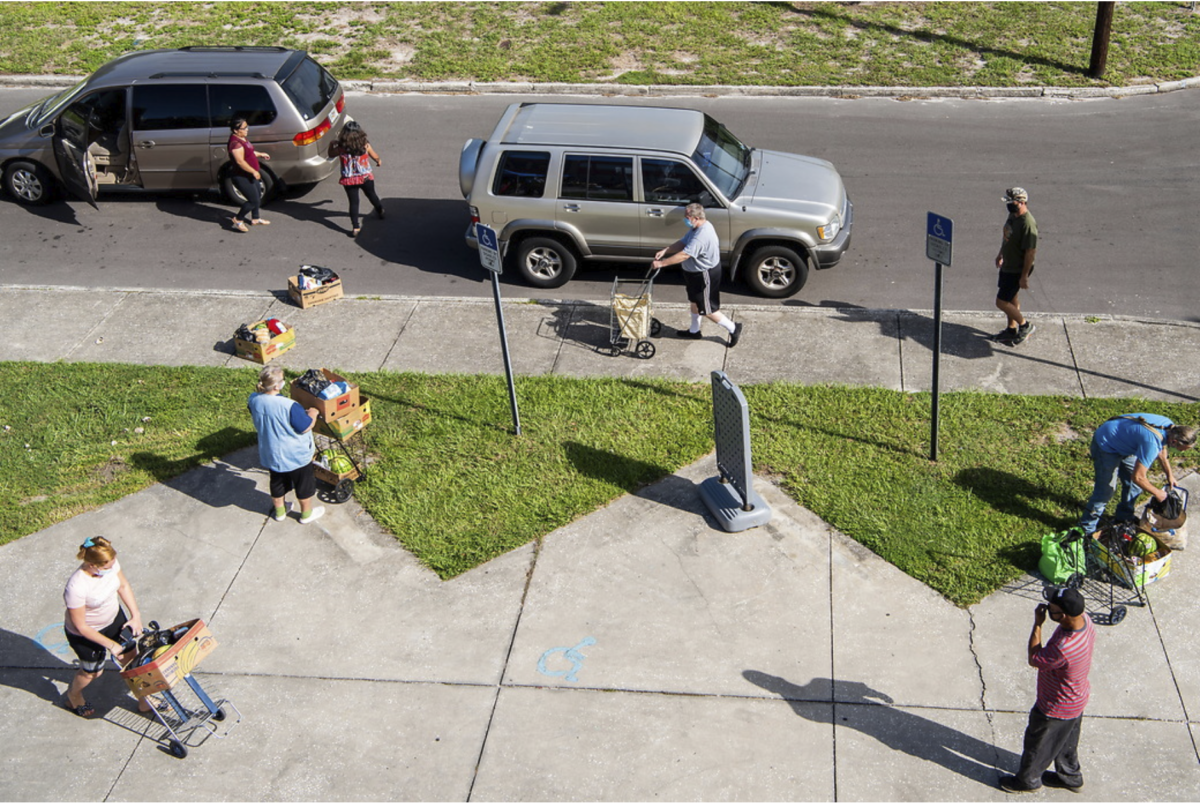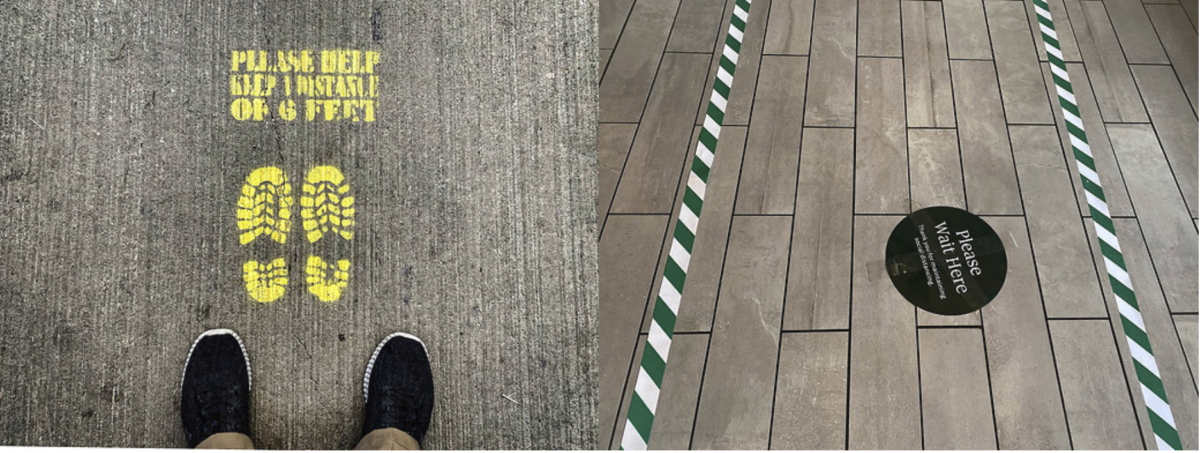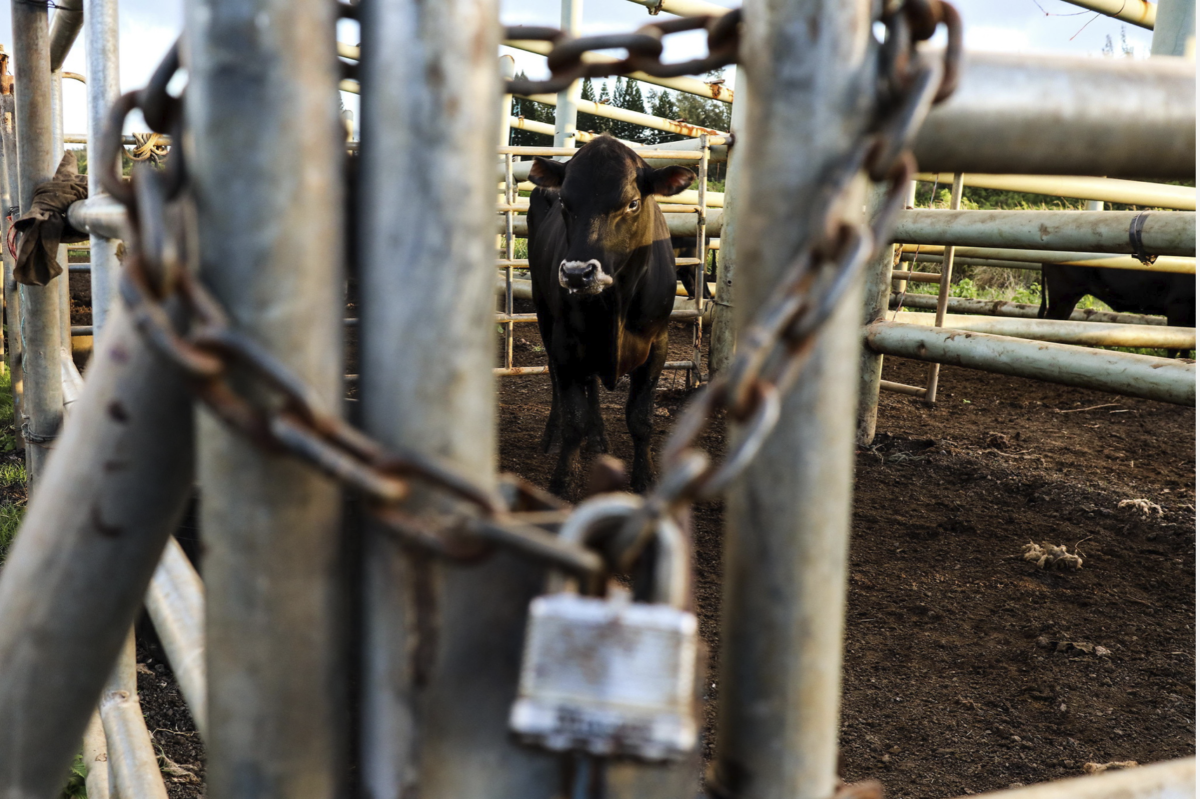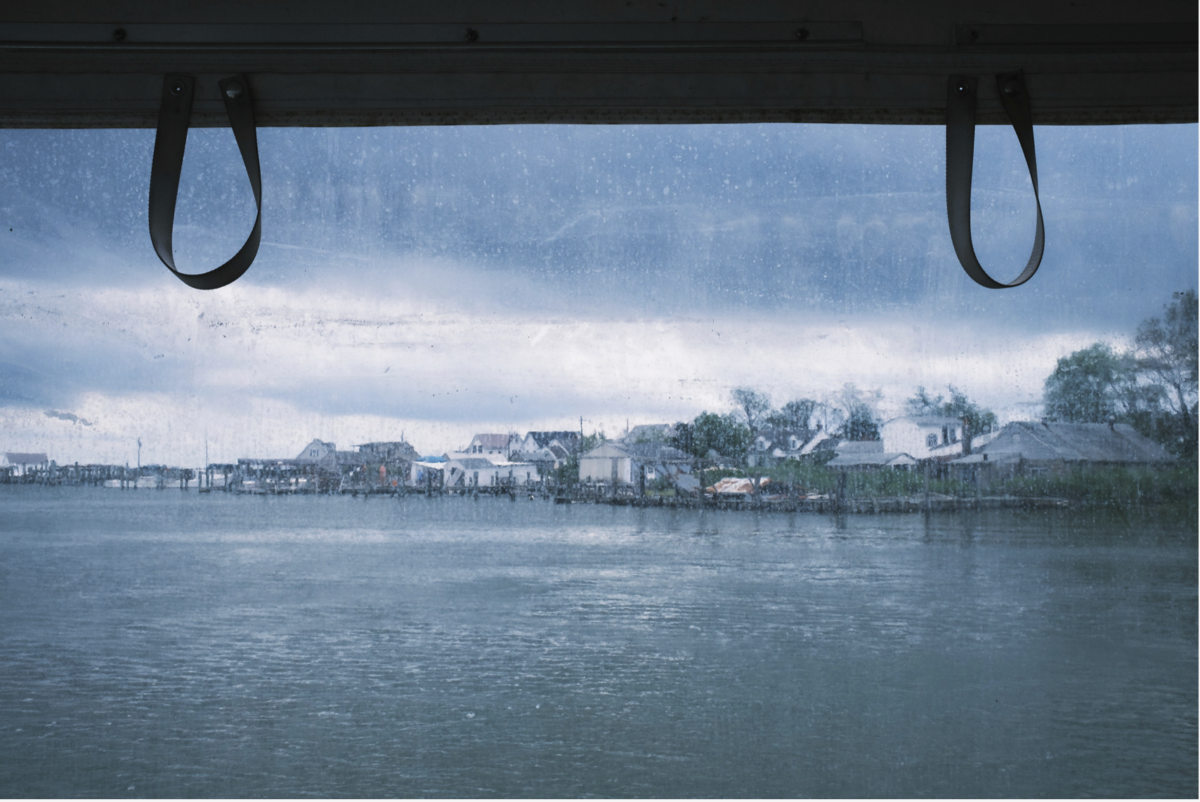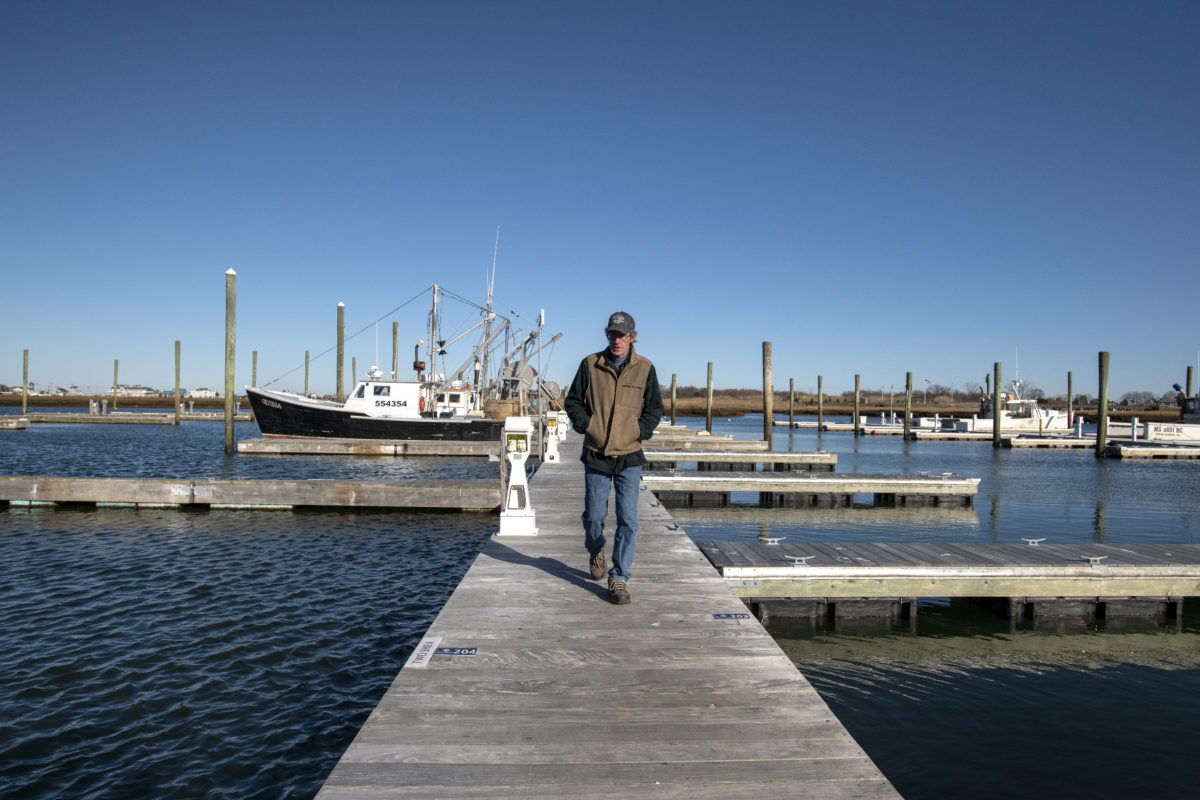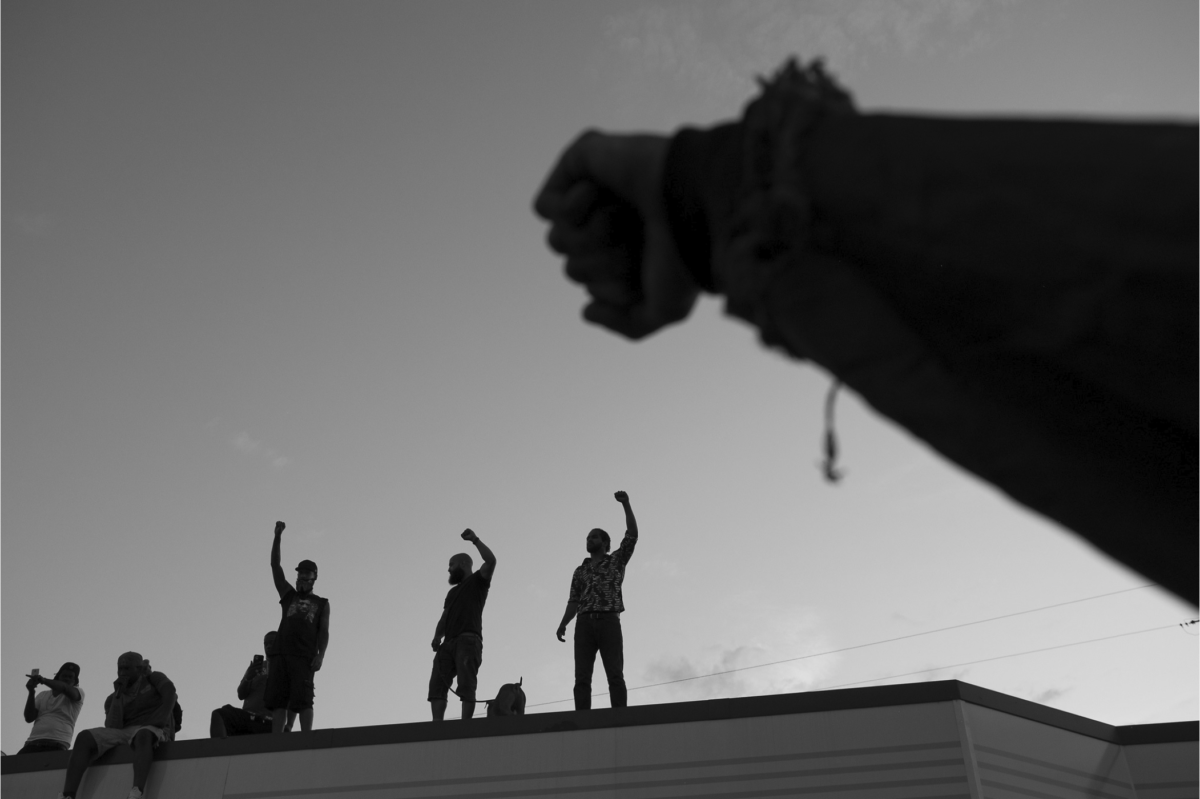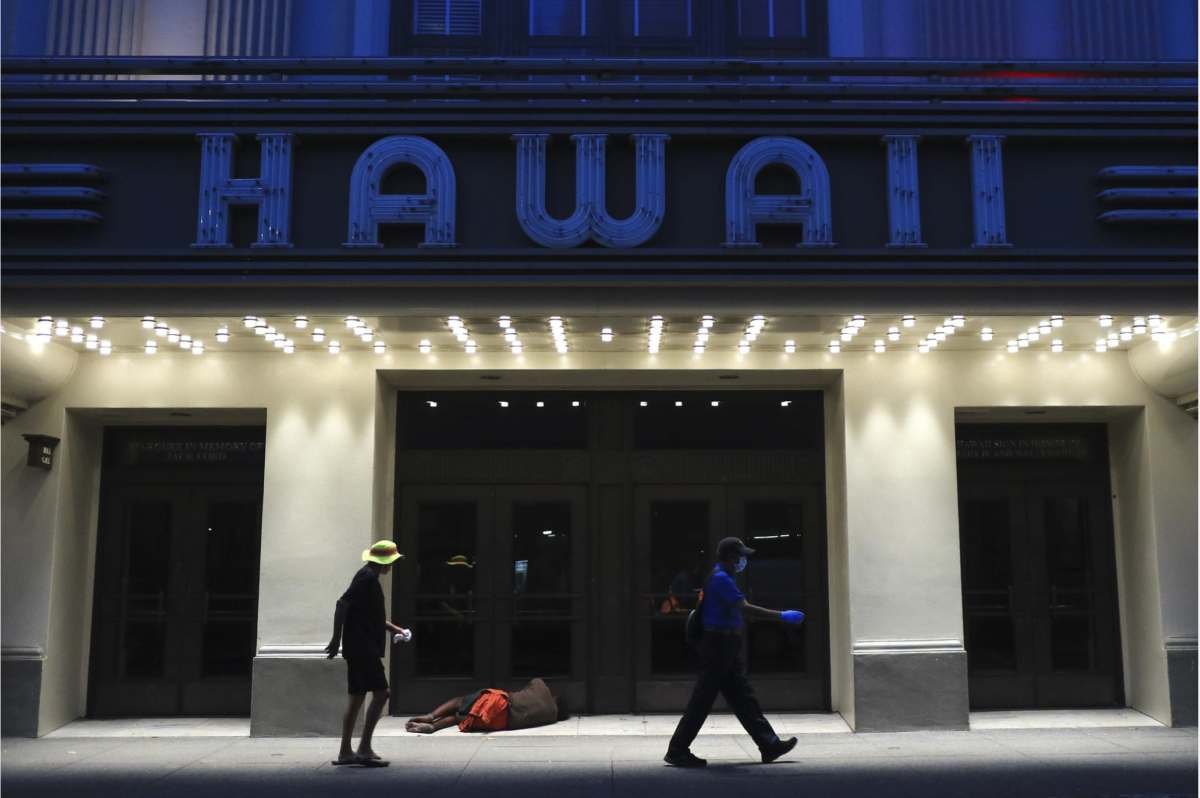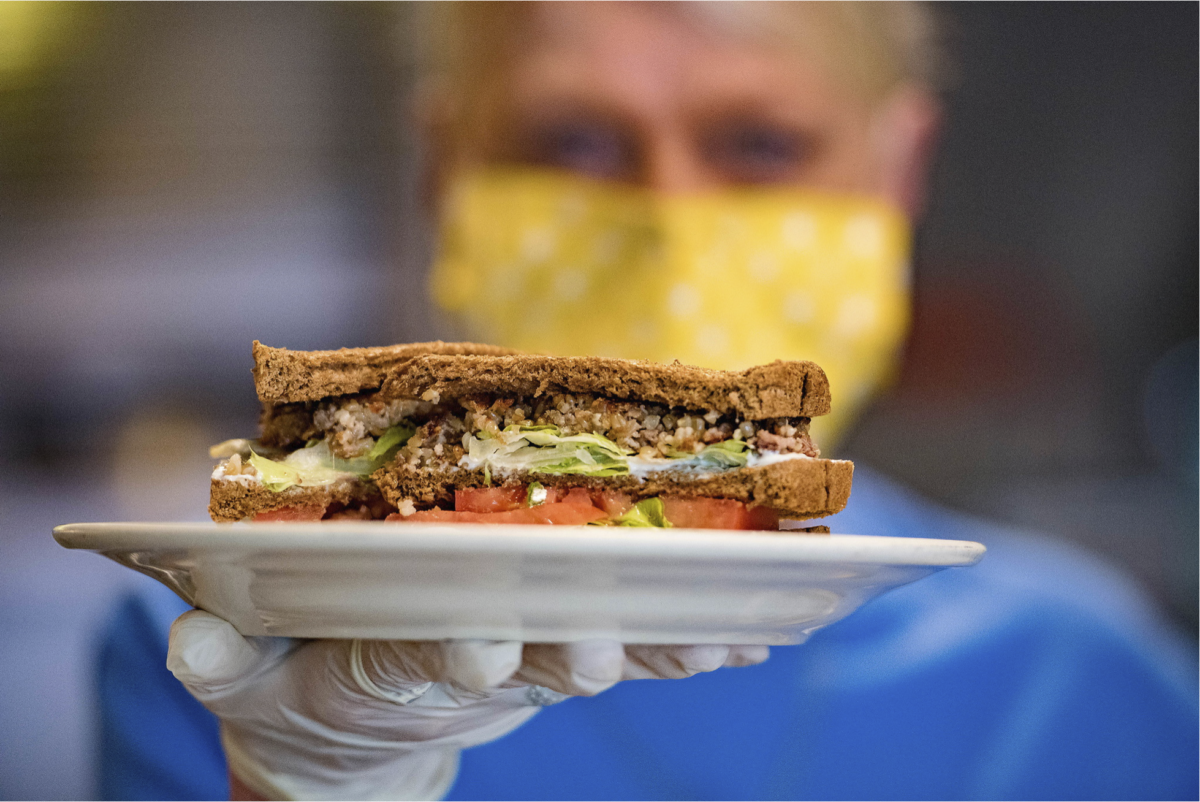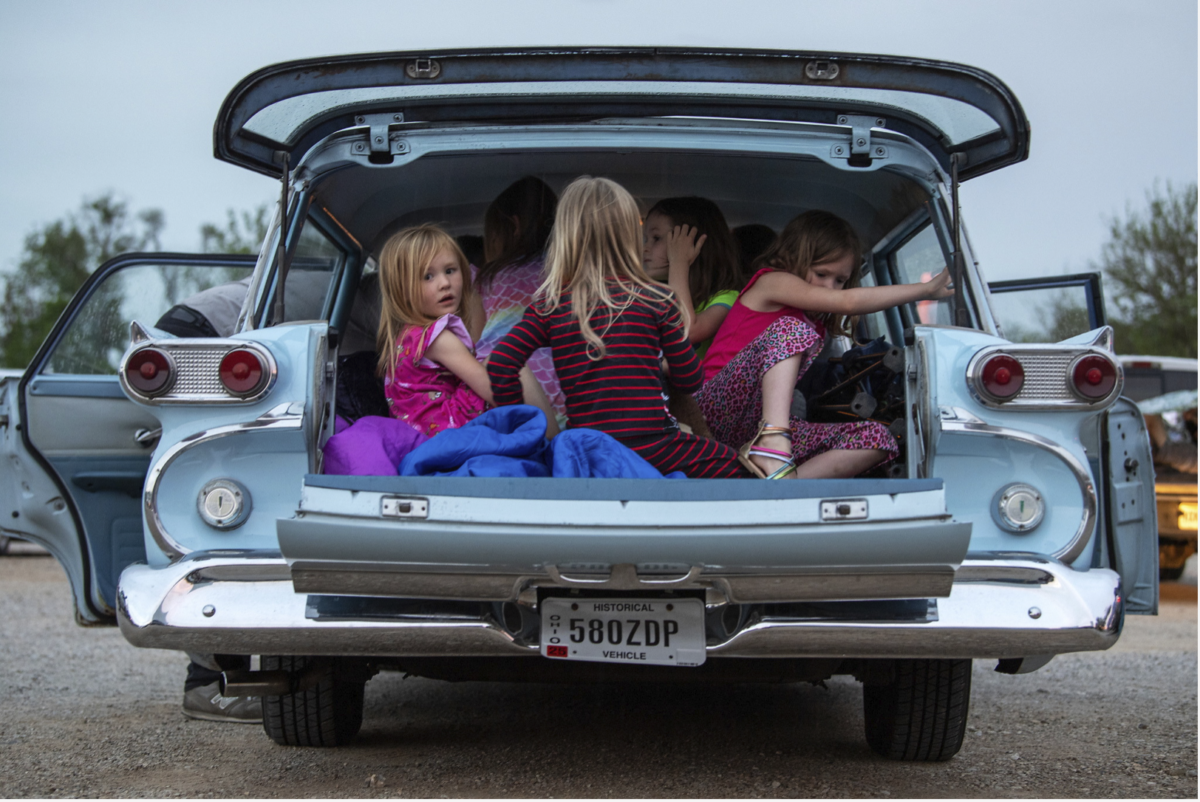A Collaboration Between
Boyd's Station and
American Reportage
Life before Covid-19
Rough Seas Ahead
Text and Photography by Gaelen Morse
For hundreds of years, fishing vessels have sailed from the ports of Massachusetts to fishing grounds off of the New England coast. The North Atlantic fisheries are some of the most successful fishing grounds for Atlantic Cod, various kinds of flounder, lobster, sea scallops and other highly sought after species. But the great success that came from fishing in the area is a now a thing of the past.
Both lobstermen and fishermen are faced with climate change, slowly rebounding marine life populations, strict government regulation, constantly fluctuating domestic and international markets, and now reality of a global pandemic. What may already be the last of the Massachusetts dayboat fleet (small boats that only fish for one day at a time) now faces an even more uncertain future looming on the horizon.
The number of permits issued to small boat operators to catch the once plentiful Atlantic cod is a fraction of what it used to be. In the year 2000, the state issued over 1,200 groundfish permits. By 2020, that number had dropped to just below 400. Lobster require a certain temperature and acidity in the waters around them, and as the Gulf of Maine warms, the lobsters push north toward cooler waters.
When COVID-19 hit Massachusetts early in the pandemic, the economical ripple effects spread quickly as shelter in place orders were given. Restaurants closed, grocery stores saw dwindling customers and seafood exports screeched to a halt for some companies. However, Massachusetts fishermen, especially small boat operators, were insulated by the preparedness that comes from years of expecting difficulties to arise in the industry.
In early summer, local residents started buying directly from boats. When they could no longer go to restaurants or didn’t want to go to the grocery store for seafood, they went to the coastline and found a boat offloading fish or lobster. By mid-summer, the gross profit earned from selling to distributors was cut in half compared to the same prices in January.
“Things are pretty much the same except the boat price for lobsters is only $3.50,” said lobsterman Peter Mason of Plymouth, Mass. “So we’ve been selling a lot of stuff off the boat for retail price through Facebook.”
The silver lining of having local customers doesn’t change the fact that the industry may be reeling for years to come, as will many industries around the world. Rougher seas may be in store, but the steadfast tradition of fishing remains strong. “Prices are fair enough,” said fisherman Tim Barrett of Marshfield, Mass. “I’m just glad they’re buying.”
As the world struggles to control of the spread of COVID-19, concern for the world economy grows. With significant emphasis placed on how industries will survive these unprecedented times, less emphasis is placed upon what will happen to traditions and culture.
The historic commercial fishing industry in Massachusetts was already facing an uphill battle. A future in fishing for dayboat fishermen was undoubtedly questionable before COVID-19.
Now, all that remains between their trade and its demise, is the steadfastness that has so often defined the spirit of New England fishermen. For them, it’s a way of life, not a job.
I believe that documentarians such as myself must consider the importance of recording the dwindling traditions and cultures across the world, maybe more now than ever. For these fishermen, who have lived their entire lives working on the water, there is no telling what life will bring if they can no longer trawl nets behind their boats or set their lobster traps. If it is the end of an era, a disappearing of tradition within a culture, then the importance of documenting it is almost incalculable.
More from the Project
Essay
Aloha Santa
essay
The Villages: Dueling Golf Cart Rallies
Donald Trump is popular in The Villages. This is evident with the amount of people that arrived at Lake Miona Recreation Center to participate in the golf cart parade. There’s not an accurate number for the amount of people who attended the event on September 23rd, but the oversized parking lot was packed to the brim with golf carts.
Essay
Eid-ul-Adha Sacrifice
Muslims in Hawaii celebrate Eid-ul-Adha by sacrificing cattle in the rural countryside – something that is unusual to find in Hawaii’s landscape. While this is a common ritual to find in a Muslim country on the Islamic holiday, it’s unusual in an isolated state like Hawaii.
ESSAY
Anchor Bar & Grill
SPONSOR
The work done by American Reportage and Boyd’s Station would not be possible without the generous support from PhotoShelter, the official provider of both organization’s archive systems – powered PhotoShelter for Brands.
ALL CONTENT ON THIS SITE IS PROTECTED BY UNITED STATES COPYRIGHT LAW
All photographs and text contained within AmericanReportage.com are copyrighted material and are presented for web browser viewing only.
All rights to images, video and text are reserved by the individual creators of the work.
No image or text contained within this site may be modified, published, transmitted, sold, reproduced, distributed, or displayed in whole or in part. without the prior written permission from the photographer or writer and American Reportage.
Using any image as the base for another illustration or graphic content, including photography, is a violation of copyright and intellectual property laws.
Violation of copyright is actively prosecuted.
AMERICA REIMAGINED
PROJECT CURATORS
Charlie Borst
Stephen Crowley
Cathaleen Curtiss
Nikki Kahn
Michael Keating
Molly Roberts


